Ryan Jones dementia: Ex-captain legal action against rugby governing bodies
- Published
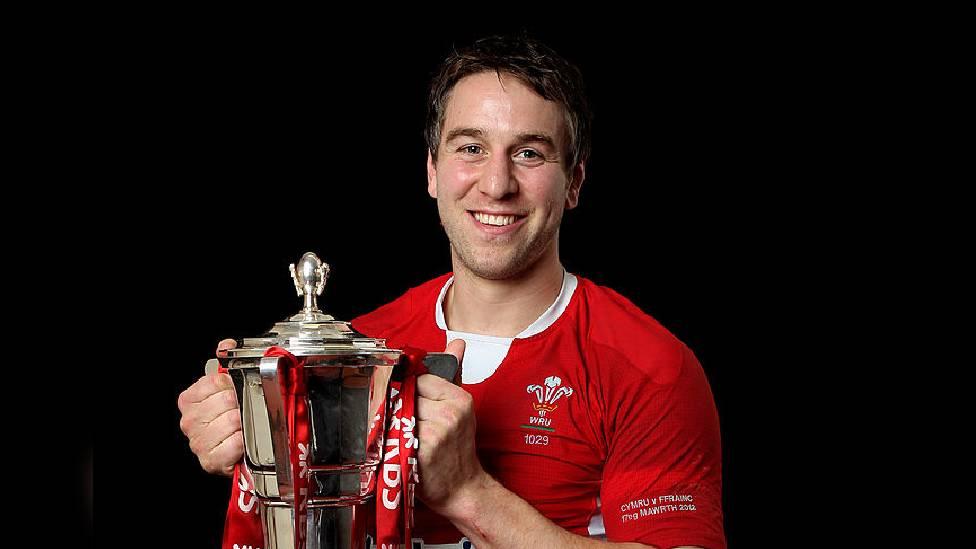
Jones skippered his country 33 times, including captaining the Grand Slam-winning team of 2008, before retiring in 2015
Grand Slam-winning rugby captain Ryan Jones has joined a legal action against rugby's governing bodies after being diagnosed with early onset dementia.
In an interview with the Sunday Times the 41-year-old former Wales and British Lions forward said he felt like his "world was falling apart".
In December, rugby World Cup winner, Steve Thompson and seven other former players started the claim.
World Rugby said it constantly strived "to safeguard and support our players".
World Rugby, along with the English and Welsh rugby governing bodies, are the defendants in the legal case.
Jones won 75 caps for Wales between 2004 and 2014 and also played in three Tests for the British and Irish Lions.
In the interview with the Sunday Times he said specialists had told him he was one of the worst cases of probable chronic traumatic encephalopathy (CTE) they had seen, adding that he did not know what the future holds.
"I feel like my world is falling apart. And I am really scared. Because I've got three children and three step-children and I want to be a fantastic dad," he said.
"I lived 15 years of my life like a superhero and I'm not. I don't know what the future holds."
He added: "I am a product of an environment that is all about process and human performance.
"I'm not able to perform like I could. And I just want to lead a happy, healthy, normal life," he said.
'Hope for change in rugby'
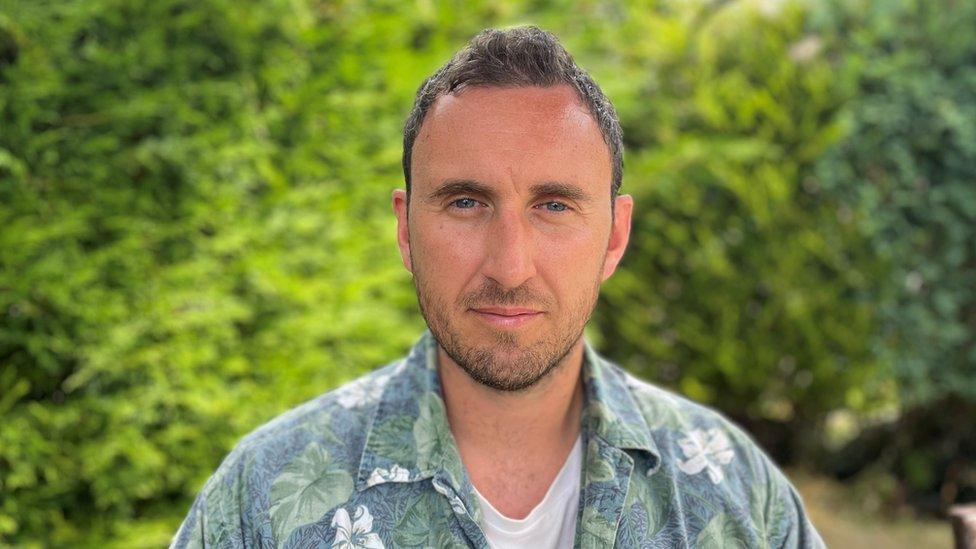
Lloyd Jones' father Peter Jones died aged 71 and the cause of death was CTE caused by repeated head blows
The class action is being taken against World Rugby, the Welsh Rugby Union and the Rugby Football Union for allegedly failing to protect players from the risks caused by concussion.
Lloyd Jones, whose father rugby player Peter Jones died from dementia, caused by repeated head blows, is part of the legal action that Ryan Jones has joined.
He said he hoped the former Wales captain joining the legal action would "kickstart a motion to have a change in the future of rugby".
"It's a huge landmark. He's a British Lion and has been captain of Wales," he said.
"He's been on the scene for so long and this is going to shock and upset a lot of people. It's going to hit home."
In a BBC interview in April, former Wales player Alix Popham, one of the figureheads of the legal action, who has also been diagnosed with early onset dementia said there were over 200 people joining the claim.
Welsh Labour MP and former rugby international Tonia Antoniazzi said she feared "there are only going to be more cases" like Ryan Jones'.
Ms Antoniazzi, who won nine Welsh international rugby caps before becoming the MP for Gower, said rugby needed to "evolve" and seriously "look at how we play the game moving forward".
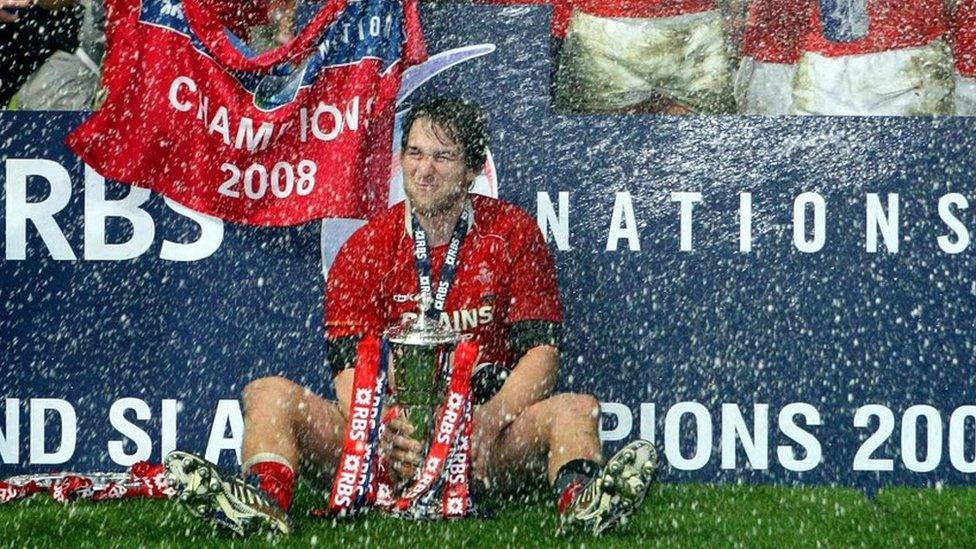
Ryan said he lived liked a superhero for 15 years - one of his triumphs was winning the Six Nations in March 2008
Speaking to BBC Wales she said it was likely the number of former players receiving diagnosis of early onset dementia would "be increasing and it's not just going to be the high profile rugby players as well".
Ms Antoniazzi added: "We love rugby, Welsh people love rugby, we're not going to stop playing rugby.
"But we've got to seriously look at how we play the game moving forward."
'It's heartbreaking'
Asked if some parents might reconsider whether they want their children to play the game, Ms Antoniazzi said how the game was played and what safeguards were in place should be looked at, and a lot of research was being done into sports injuries.
She added that while research was taking place, and head injury protocols were in place, more work needed to be done to understand how to keep players safe.
"When you put on that red jersey, when you put on any jersey to play for your team, you do not want to leave the pitch," she said.
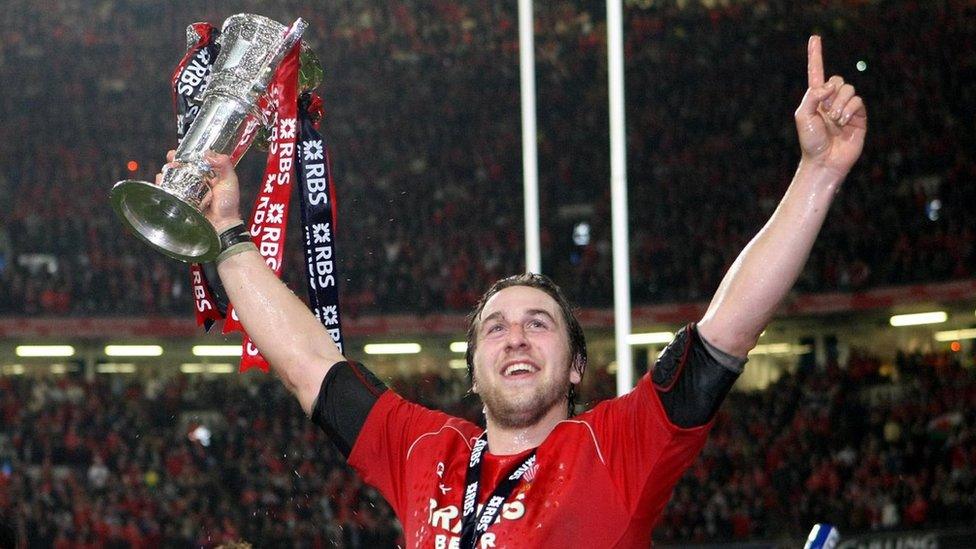
Ryan Jones won 75 caps for Wales between 2004 and 2014 and also played in three Tests for the British and Irish Lions
"It's important that players also understand that any knock to the head that they take means that they need to come off and we adhere to all the protocols that are in place.
"We don't want to have a future of international rugby players coming out with news like Ryan has this week because it's heart-breaking," she added.
Leading safety campaign group for the sport, Progressive Rugby, said players missing games should be among the action taken to protect them.
"It is time for everybody involved in the game to prioritise individual player welfare," it said in a statement.
"If that means protocols erring on the side of caution and players being rested and missing games, it is a small price to pay to try and protect the long-term health of its participants.
"We can, and must, make the game of rugby union as safe as possible so that future generations aren't deprived of all the wonderful things it can offer."
'You are our superhero'
After Jones spoke out, messages of support came in from politicians, charities and members of the sporting world.
Carolyn Harris, MP for Swansea East, tweeted: "You will always be our superhero. Wales loves you xxx."
Noel Mooney, chief executive of the Football Association of Wales (FAW), tweeted he was sorry to hear Jones' news, adding: "Ryan is a good guy with a fabulous career in sport and my thoughts and all @FAWales are with him."
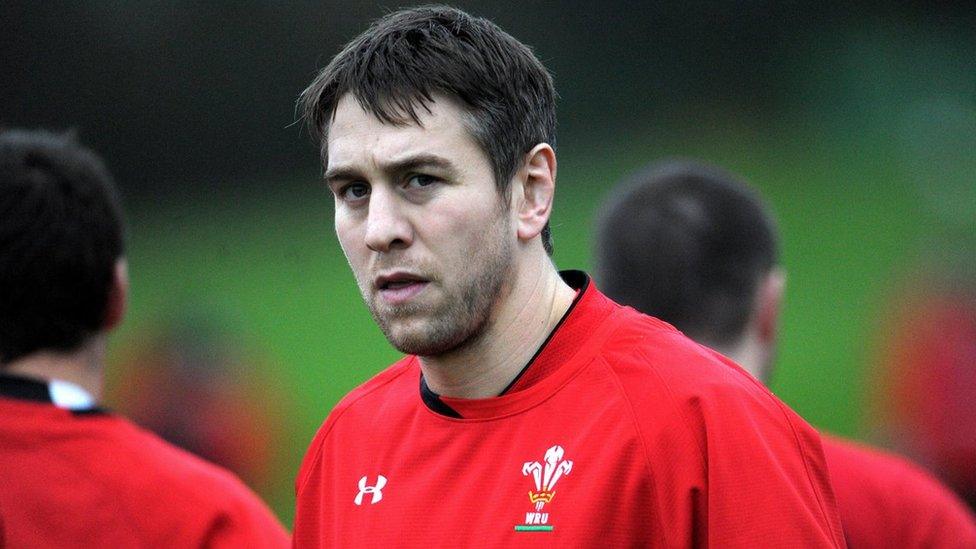
This photo, taken in 2013 shows Ryan Jones at a training session in January 2013
In May, the Alzheimer's Society established partnerships with organisations including the Rugby Players' Association to provide a permanent way of referring any player or manager who has either been diagnosed with dementia or is caring for a loved one.
Following Jones' interview, the charity tweeted: "We're sorry to hear ex Welsh Rugby Captain, Ryan Jones, has been diagnosed with young onset dementia.
"We're working with @HealthPolicyPtp on a review of research priorities in this area. Sending Ryan and his family all of our support."
'Absolutely devastating'
Wales' deputy sports minister Dawn Bowden MS tweeted it was "such awful news", adding: "My thoughts with Ryan and his family".
Member of the Senedd for Newport West Jayne Bryant said: "Absolutely devastating for Ryan and his family.
"The collisions in world rugby have had such an impact on players.
"We need to protect them and world rugby needs to take action," she added.
Allow X content?
This article contains content provided by X. We ask for your permission before anything is loaded, as they may be using cookies and other technologies. You may want to read X’s cookie policy, external and privacy policy, external before accepting. To view this content choose ‘accept and continue’.
Labour MP for Pontypridd, Alex Davies-Jones said it "highlights the need for thorough HIA's (Head Injury Assessment) and proper protocol in all contact sports and entertainment".
Allow X content?
This article contains content provided by X. We ask for your permission before anything is loaded, as they may be using cookies and other technologies. You may want to read X’s cookie policy, external and privacy policy, external before accepting. To view this content choose ‘accept and continue’.
However not everyone has been so sympathetic. In a tweet, former Wales rugby player Andy Powell said: "We choose to play the game we know the problems what can happen !! Problems happen even if you don't play sport."
Allow X content?
This article contains content provided by X. We ask for your permission before anything is loaded, as they may be using cookies and other technologies. You may want to read X’s cookie policy, external and privacy policy, external before accepting. To view this content choose ‘accept and continue’.
'Inclusive and safe as possible'
In a statement, World Rugby said it could not comment on the legal action, but added it was saddened by the diagnosis and commended Jones for his "great courage" on speaking out.
"We care deeply about every member of the rugby family and constantly strive to safeguard and support our players, driven by a clear commitment to further cement rugby as the most progressive sport on player welfare," the spokesperson said.
"Rugby is a leader in sport in the identification, prevention and management of head injuries, always acting on the latest science, evidence and independent expert guidance.
"We never stand still and proactively fund research, embrace innovation and explore technology that can make the sport as accessible, inclusive and safe as possible for all participants.
"We make available a wide range of support for former players, including free access to brain health consultation with leading experts, mental wellbeing education and advice."
Related topics
- Attribution
- Published18 July 2022
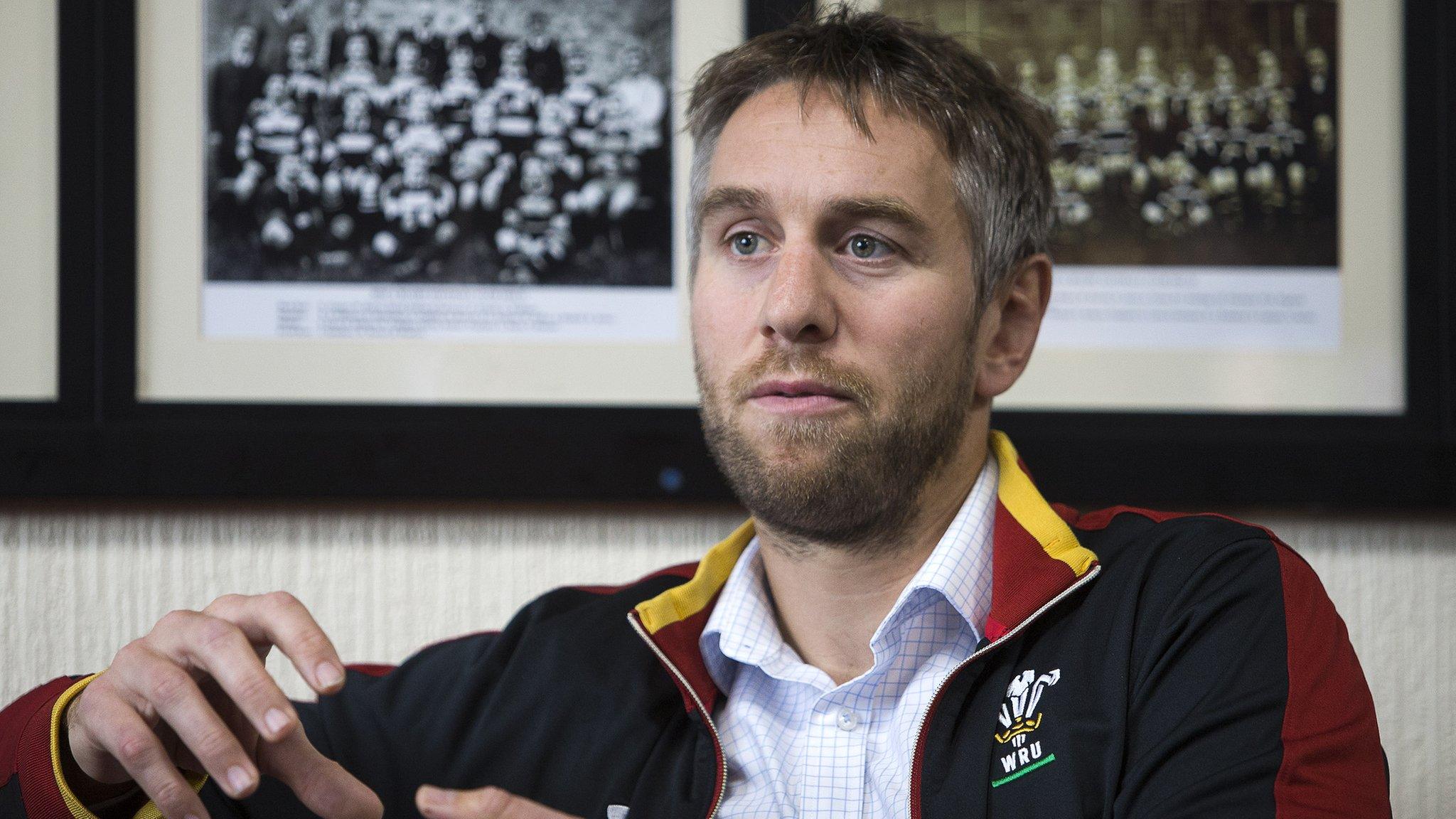
- Published3 May 2022
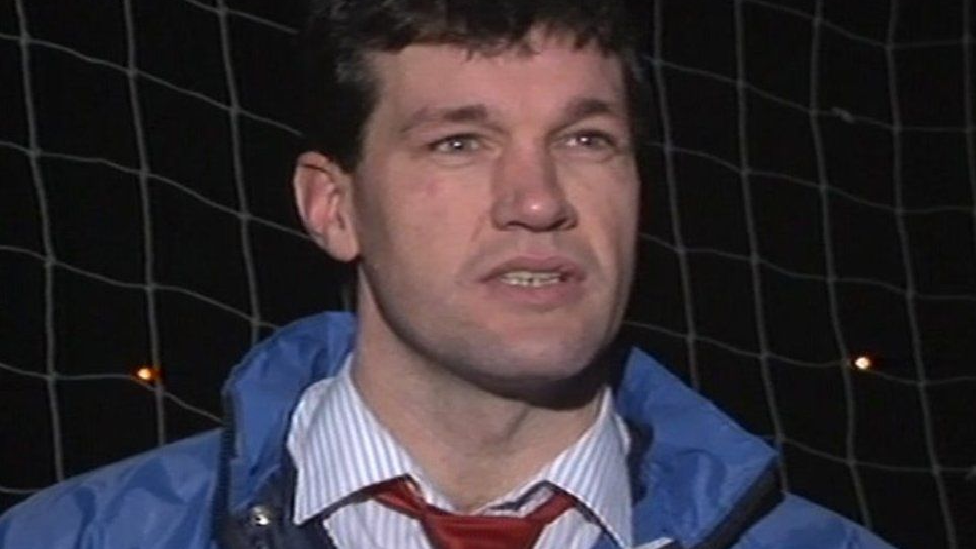
- Published2 April 2022
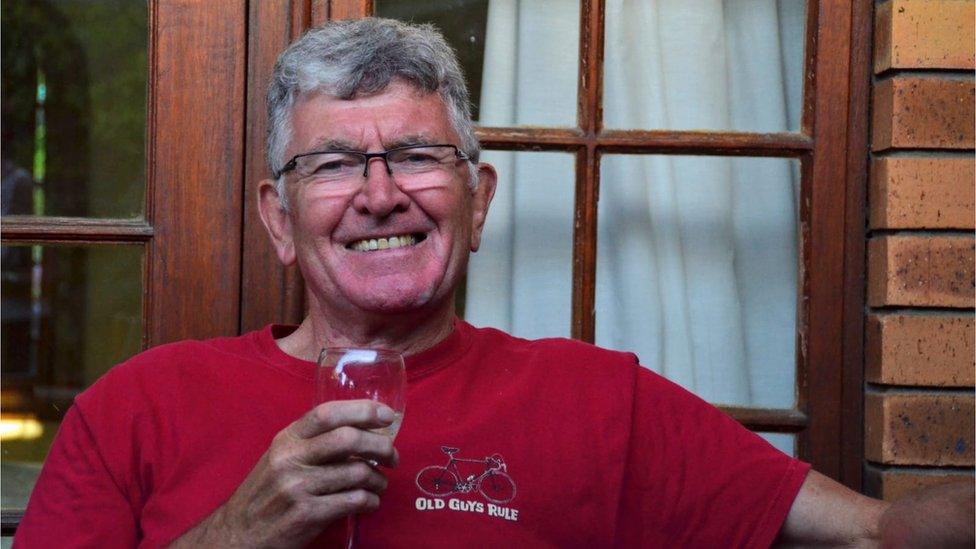
- Attribution
- Published23 September 2021
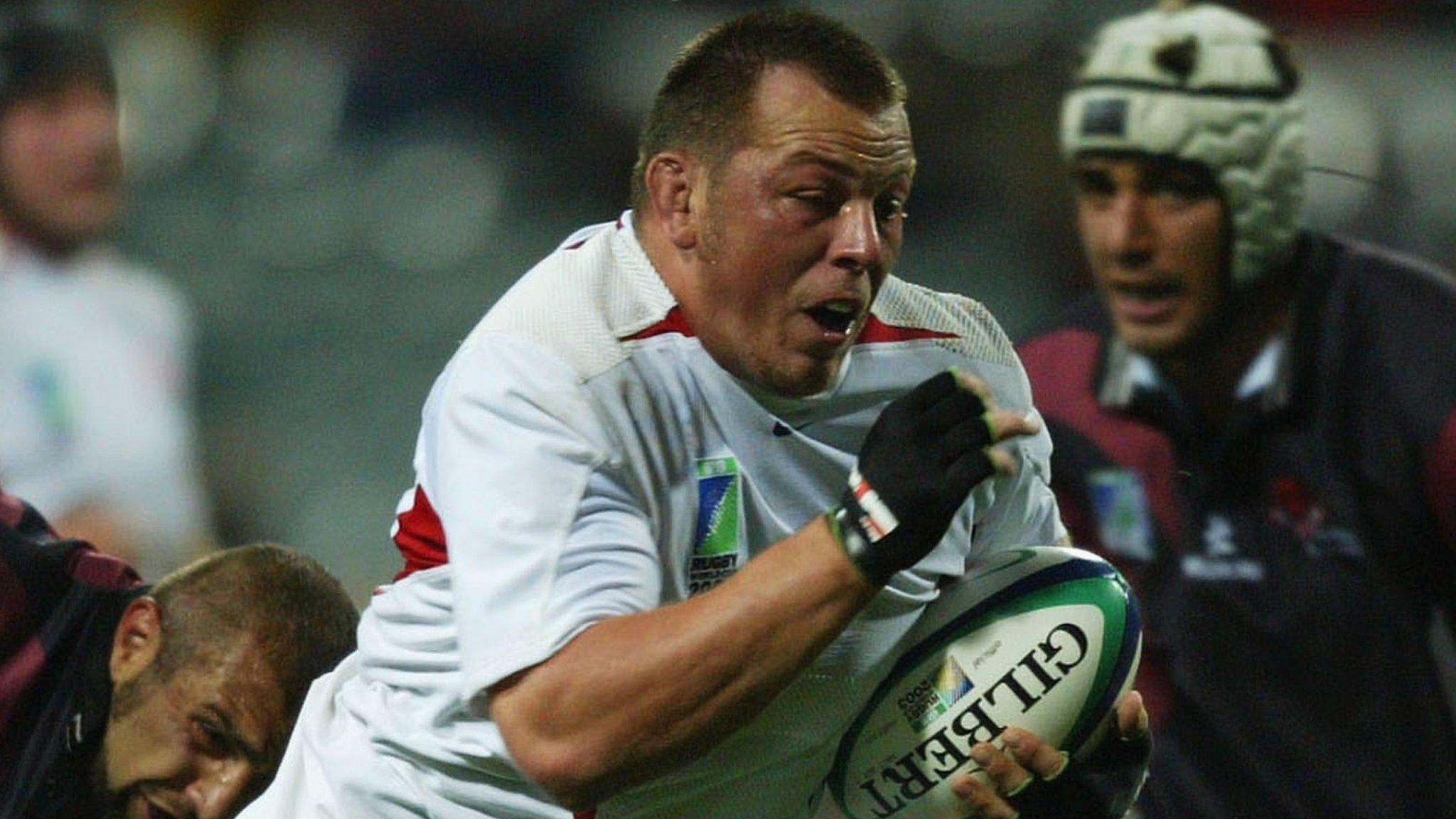
- Attribution
- Published8 December 2020
